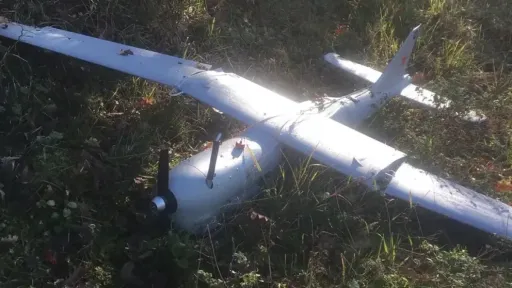Canada has nominated Michelle O'Bonsawin as the first Indigenous person to serve on its Supreme Court, a historic first for a country seeking to make amends for abuses against native peoples.
Prime Minister Justin Trudeau said on Friday O'Bonsawin, a member of the Odanak First Nation, would bring "invaluable knowledge and contributions" to the court.
"Her nomination is the result of an open, non-partisan selection process," Trudeau said.
O'Bonsawin is a fluently bilingual Franco-Ontarian and has served as a judge on the Ontario Superior Court of Justice since 2017.
"As an Abenaki woman, I have a deep appreciation of the situation of Indigenous peoples," O'Bonsawin said in her application questionnaire to the Ministry of Justice.
"As a First Nations woman growing up in Northern Ontario, I became aware of the need for dedicated individuals to provide a strong, representative voice on behalf of those who could not speak for themselves".
She will join the court in September when a long-serving member retires, the prime minister's office said in a statement.
Correcting past mistakes
O'Bonsawin's nomination is the second in a row to make history at the Supreme Court.
Last year Mahmud Jamal became the first person of colour to take up a seat on the tribunal.
The move comes as Canada seeks to address the over-representation of Indigenous people in its prisons. Indigenous adults represent 5 percent of Canada's general population but 30 percent of its federally incarcerated population.
Canada in recent years has been trying to come to grips with a dark chapter of its past: the abuse and death of Indigenous children sent to Catholic-run boarding schools over a span of decades.
From the late 1800s to the 1990s, Canada's government sent about 150,000 children into 139 such schools.
Indigenous children were separated from their families, language and culture in a bid to stamp out their identity.
Many were physically and sexually abused at the schools, and thousands are believed to have died of disease, malnutrition or neglect.
During a visit last month Pope Francis met with survivors of the residential school system and apologised for the abuses, which he said amounted to genocide.
























